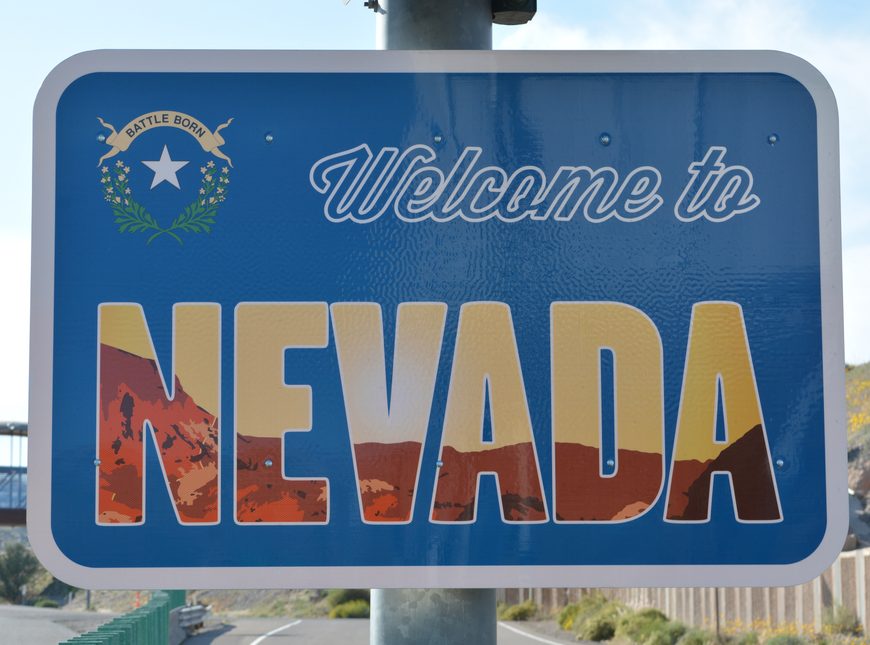January 1: New Law to Decriminalize Minor Traffic Violations Takes Effect
Long-Sought Reform Will End Widespread Practice of Arresting & Jailing People Who Can’t Afford a Minor Traffic Ticket
On Sunday, January 1, a new Nevada law to decriminalize minor traffic violations goes into effect — making them civil infractions and ending the widespread practice of issuing warrants when an individual can’t afford to pay the fines and fees imposed.
AB 116 was introduced by Senator Rochelle Nguyen with seven primary sponsors — including the Senate Majority Leader Nicole Cannizzaro — and 23 co-sponsors, including Republican Lisa Krasner, Nevada’s Assistant Minority Whip.
“For over a decade, advocates and policy experts have fought to change this antiquated Nevada law,” said Senator Nguyen. “Until now, residents unable to afford a traffic ticket for minor violations such as driving with a broken tail light could be arrested and even incarcerated. This has been costing taxpayers millions of dollars each year — while often costing those who are unable to pay the loss of their jobs.”
A broad coalition of stakeholders lined up in support of AB 116, including Fines and Fees Justice Center, Americans for Prosperity, Mi Familia Vota, Progressive Leadership Alliance of Nevada, ACLU of Nevada, Nevada Attorneys for Criminal Justice, Clark County Black Caucus, Forced Trajectory Project, Battle Born Progress, Return Strong: Families United for Justice for the Incarcerated, Mass Liberation Project, and the Washoe County Public Defender’s Office.
Warrants are a counterproductive and expensive method of coercing people to pay a traffic ticket. In Clark County, the average person arrested on a traffic warrant spends almost three days in jail at a cost to taxpayers of over $400.
The harm to the individual and their family is even greater. Three days in jail often costs a person their job, their housing, and even their children, making it far more difficult to earn the money to pay their court debt or to care for themselves or their families.
AB 116 builds on a successful model established by Carson City, which stopped issuing warrants in traffic cases in 2019. Carson City’s collection rate increased by 8.5% following implementation.
“Punishing people for traffic debt was never about safety — it’s a failed experiment in generating revenue,” said Leisa Moseley, Nevada State Director at the Fines and Fees Justice Center. “When people simply don’t have the money to pay, punishing them with arrest and jail just makes the problem worse. Ending this counterproductive policy will help hard-working families take care of their basic needs and contribute to Nevada’s economy.”
